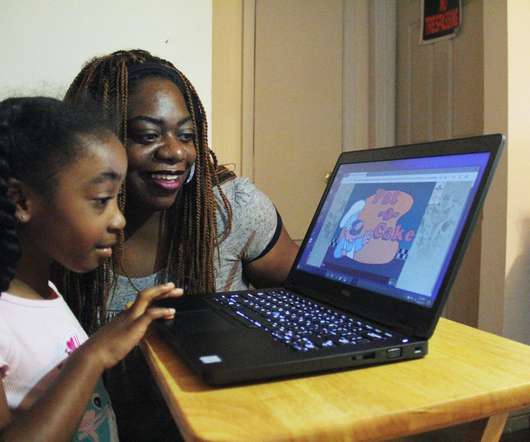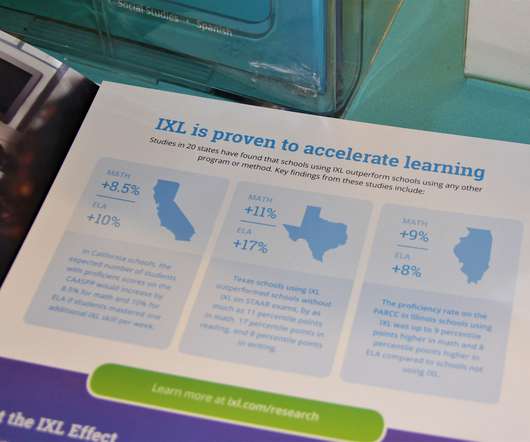Online program expands to combat early learning disruptions caused by coronavirus closures
The Hechinger Report
MAY 15, 2020
Thousands of Mississippi children will have access to the software this summer as part of an effort to support incoming kindergarteners during the coronavirus pandemic.Photo: Jackie Mader/The Hechinger Report Credit: Jackie Mader/The Hechinger Report. Children really need to have as much support during this interim as they can get.”















Let's personalize your content